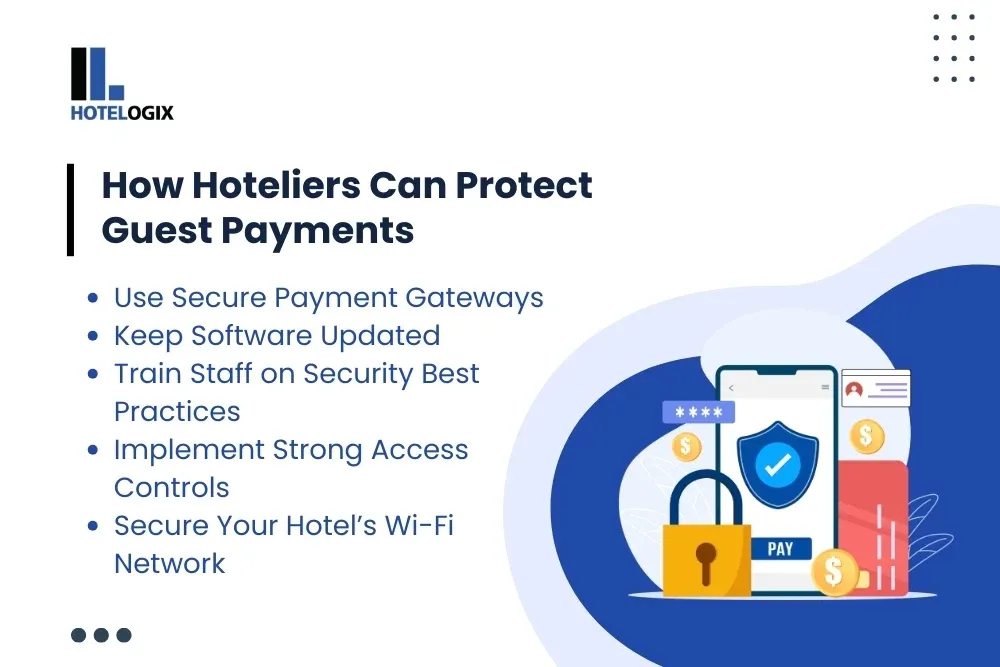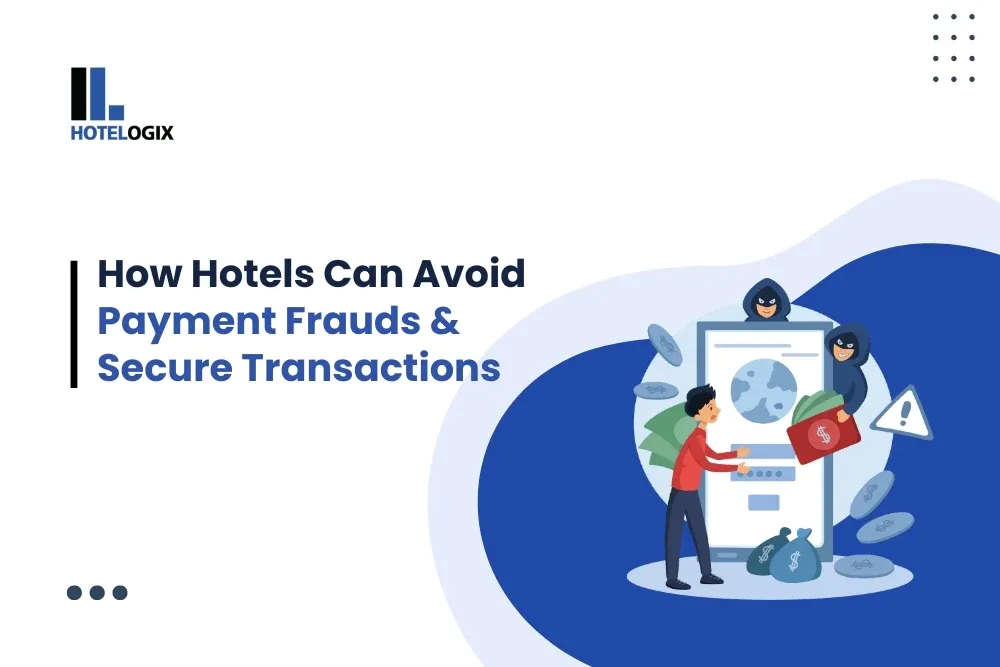In today’s digital age, online bookings have become the norm for hotels. While this has made it easier for guests to reserve rooms, it has also brought new challenges for hoteliers, particularly in terms of payment security.
The Double-Edged Sword of Online Bookings
Online booking engines have revolutionized the hotel industry. They allow hotels to:
- Market available rooms more effectively
- Get more bookings in less time
- Reach a wider audience
But there’s a catch. With online payments come security risks. Hotels store large amounts of customer data, including sensitive payment information. This makes them prime targets for hackers looking to steal financial data.
Why Payment Security Matters for Hotels
- Guest Trust: Travelers expect their payment information to be safe when booking online. A security breach can shatter this trust.
- Hotel Reputation: News of a data breach can spread quickly, damaging a hotel’s reputation and potentially leading to lost business.
- Financial Impact: Data breaches can result in hefty fines and legal costs for hotels.
- Competitive Edge: Hotels with robust security measures can stand out in a crowded market.
Common Security Risks for Hotel Payments
- Outdated Systems: Old software can have vulnerabilities that hackers can exploit.
- Phishing Attacks: Staff might unknowingly click on malicious links, giving hackers access to hotel systems.
- Weak Access Controls: Poor management of who can access sensitive data can lead to breaches.
- Unsecured Wi-Fi: Public hotel networks can be easy targets for hackers to intercept payment data.
How Hoteliers Can Protect Guest Payments

1. Use Secure Payment Gateways
A secure payment gateway is crucial for protecting guest information. Look for gateways that offer:
- Encryption of payment data
- PCI DSS compliance
- Fraud detection tools
2. Keep Software Updated
Regularly update your property management system (PMS) and other hotel software. This ensures you have the latest security patches.
3. Train Staff on Security Best Practices
Your staff are your first line of defense. Train them on:
- Recognizing phishing attempts
- Proper handling of guest data
- The importance of strong passwords
4. Implement Strong Access Controls
Limit access to sensitive data to only those who need it. Use:
- Unique login credentials for each staff member
- Two-factor authentication
- Regular password changes
5. Secure Your Hotel’s Wi-Fi Network
Protect your hotel’s network by:
- Using strong encryption (WPA2 or higher)
- Separating guest and staff networks
- Regularly changing network passwords
How Hotelogix Helps Secure Hotel Payments
- Secure Web Booking Engine: Our web booking engine uses PCI DSS certified encryption to protect all payment information.
- Integrated Payment Gateways: We partner with trusted payment providers to ensure secure transactions.
- Regular Security Updates: Our cloud-based system is always up-to-date with the latest security measures.
- Access Control Features: Easily manage who has access to sensitive data within your hotel.
- 24/7 Support: Our team is always available to help with any security concerns.
Wrapping Up
In today’s digital world, ensuring safe and secure payments is not just an option for hotels - it’s a necessity. By using the right tools and following best practices, hoteliers can protect their guests’ data and their own reputation.
With Hotelogix PMS, you get a partner that takes security seriously. Our system is designed to give you peace of mind, allowing you to focus on what you do best - providing great experiences for your guests.
Remember, in the world of hotel payments, it’s better to be safe than sorry. Take steps today to secure your payment processes and build trust with your guests.




